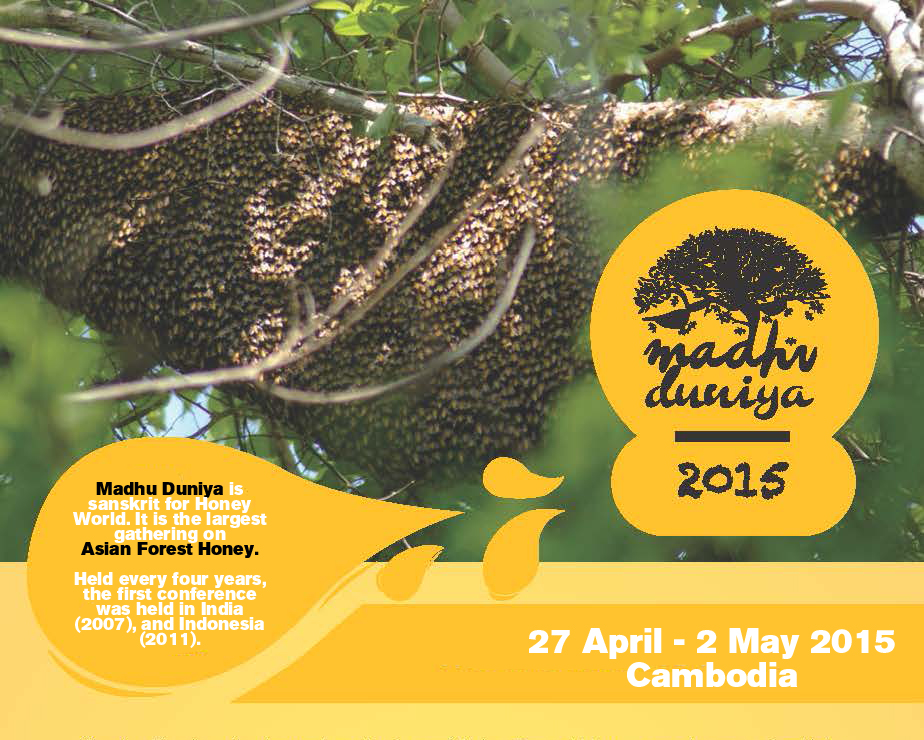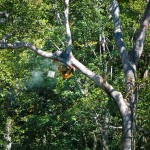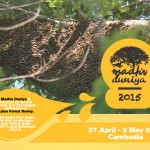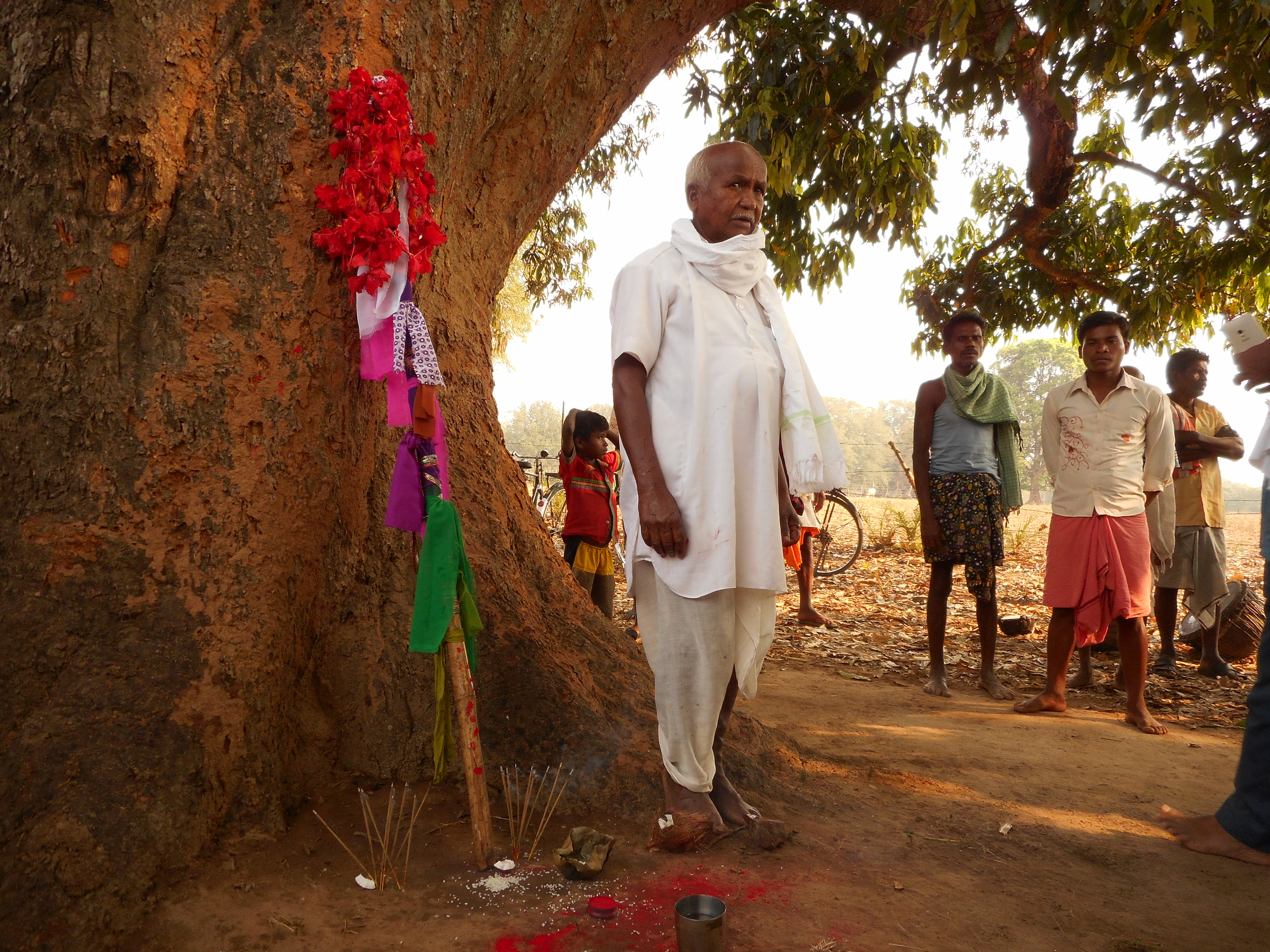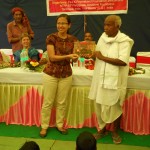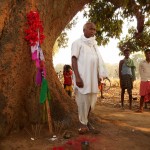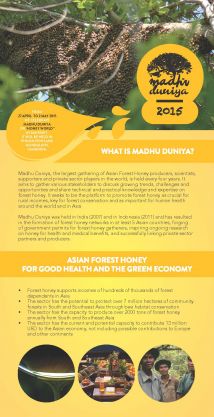In light of the ASFN partnership, NTFP-EP co-facilitated with RECOFTC, the training, Enhancing Livelihoods Through Community Forestry in Bangkok, Thailand in October 2014. 23 professional trainers and representatives from government agencies and NGOs coming from Indonesia, Philippines, Vietnam, China, Laos, Myanmar, Nepal, Malaysia participated in the 1-week training.
The training aimed to provide the participants a venue to explore how Community Forestry could assist livelihoods enhancement of forest-based communities. It also provided the participants with participatory tools to support them in identifying and selecting products or services for community enterprises. The main tools used were Sustainable Livelihood Approach, Value Chain Analysis Tool, and NTFP-EP’s Product Scanning and Selection tool.
The highlight of the training was the visit to the Ban Huay Sapan Samukkee Community Forests where the CF committee and community members warmly welcomed the group with food and drinks harvested from their forest. The visit was brimming with discussion and exchange of experiences on community forestry. Participants were also given the chance to put to use the tools they learned from the training working with existing community enterprises: Decorative Flowers, Wild Mushrooms and Vegetable Crackers.
Ban Huay Sapan Samukkee Community Forests is one of the good examples of community-initiated Community Forest in Thailand. From a sugar cane plantation, the community was able to restore and maintain their forest. Strong leadership and community participation as well as external support are the key factors that contributed to their successful CF.
At the end of the training, participants agreed that with appropriate support, communities could establish and manage strong community forestry enterprises. Participants also learned the importance of starting from market knowledge when selecting and developing a product/enterprise. As one participant said, it’s simple but sometimes it is something we forget when we develop livelihood programs.
Time outside the training also provided a chance for participants to exchange information and experiences. In the end, the training was a valuable opportunity to draw from the experience and competencies of the ASSFC partners to strengthen ASEAN partners and move community forestry forward.

